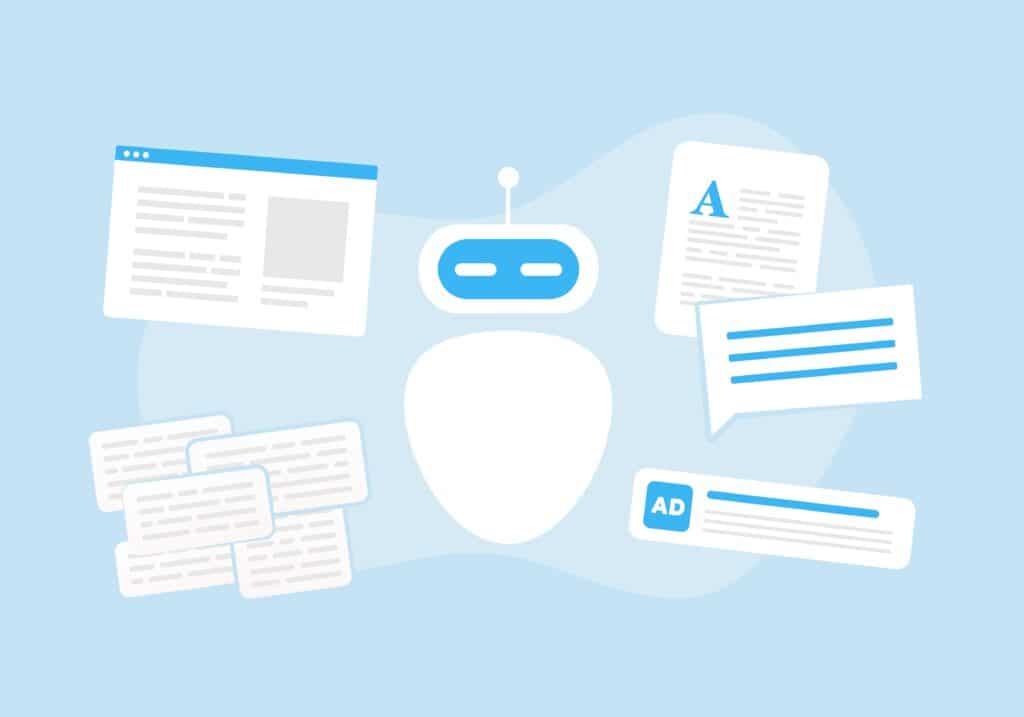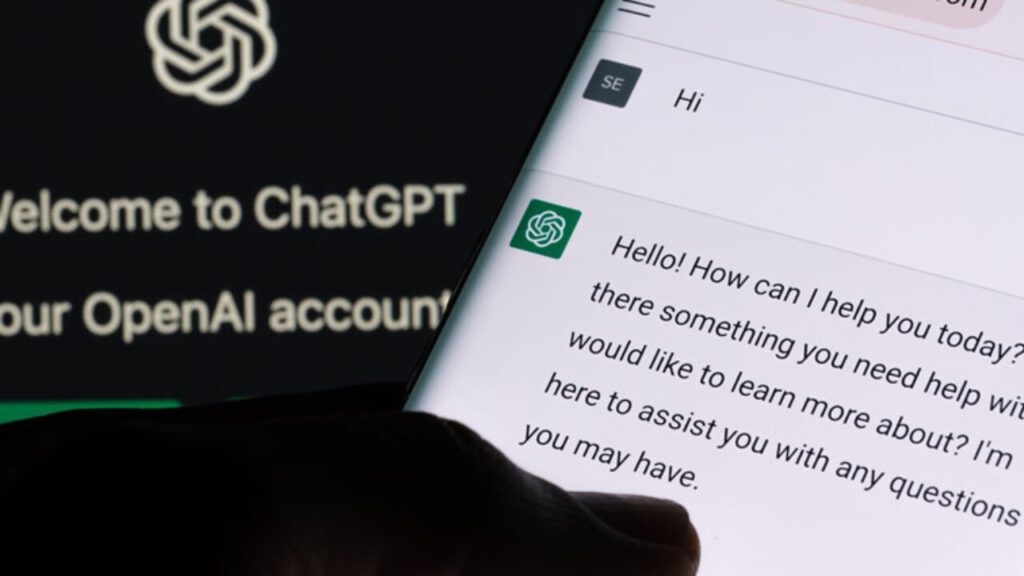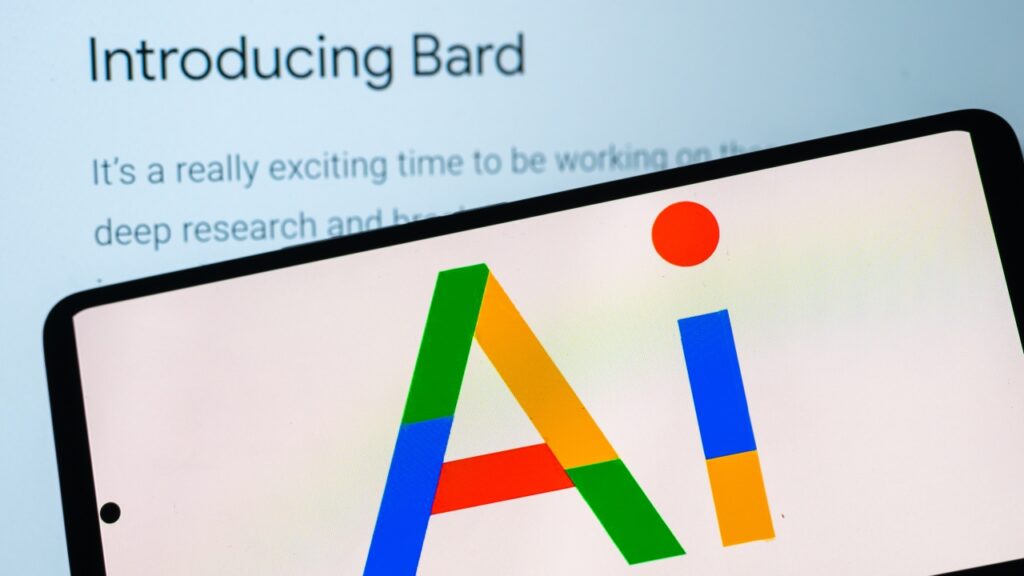Fenti’s Take on AI for Content Writing
With AI taking the world by storm, here at Fenti HQ we decided to do our research and have a team discussion about what the hype is all about.
Did you know, according to statistics, around 35% of businesses are currently using AI* – with a high percentage of these being Chinese or Indian companies. Artificial intelligence is expected to grow to $641.3 billion by 2028! Source: Forbes
After much debate, we settled on playing devil’s advocate and announcing we’re NOT jumping on the AI bandwagon – Keep reading to find out why…

What is AI?
Artificial Intelligence (AI) is basically human intelligence that has been simulated by computer science… A HUGE amount of data is processed to mimic the desired outcome – in the same way a human would – including decision making and communication.
How does AI work?
In the field of artificial intelligence for content writing, humans can input their topic/question into the AI system which then forages through the internet (in a matter of a few seconds) to find information to create your request.
The result is made up of existing copy that has been ‘stitched’ together and reworded to create a new piece of text, using AI’s natural language processing (NLP) and natural language generation (NLG). This is available for an array of content including blog writing, email marketing pieces, descriptions, captions for social media, and so on.
For example, you could search ‘Produce an 800 word blog on the best things to do in Thailand during summer’.

Pros and Cons of AI for Content Writing
Pros:
- AI is substantially quicker than humans
- Increased scalability
- Content can be localised to each geographical region
- Cost-effective: AI systems usually charge monthly subscriptions, rather than price per word like most human writers
- AI content generators don’t get writer’s block
Cons:
- AI heavily relies on algorithms – if existing algorithms change then the AI needs to keep up with them
- The tone and flow of the content are not always correct and natural
- AI doesn’t understand human emotions, which content heavily relies on to engage the audience
- AI often takes existing content from different sites and combines it together – meaning search engines often flag AI content as plagiarised, resulting in a possible hit in rankings by Google
- Lack of trustworthiness, expertise, and creativity
- A human will still need to put in work to check the AI’s text to add company-specific details, fix tonality and so on
- Sometimes even the creators of Ai can’t understand the decisions AI software has made
- Lower domain authority

Google’s Announcement
Google prioritises high-quality pages over the method of production – With this said, Google recommends that consumers produce people-first content that has the expertise, is trustworthy and has authority, as we learnt in Google’s August 2022 Helpful Content Update. They point out that using AI to manipulate a webpage/website’s ranking is a violation of their spam policy and often leads to penalties. Google recognises that AI content is low-quality and repetitive, which is easy for them to spot and rank lower or spam.
Fenti’s Take
Tom, Digital Marketing Executive, says: “While AI-generated content can save time and improve efficiency, it can also result in lower quality and less unique content. It’s worth noting that the discussion around AI-generated content is even more timely in light of Google’s Helpful Content Update. This new algorithm update is designed to reward websites that produce high-quality content written for people, rather than for search engines. As such, while AI-generated content can be useful in certain contexts, it’s important to ensure that it meets Google’s standards for quality and relevance in order to avoid penalties and maintain visibility in search results.”
– Our research at Fenti reveals that AI-written content comes back with a heavily plagiarised result when processed through a plagiarism-detecting system, which can lead to a major infringement of copyright for your business.
– Expert copywriting is about knowing your audience, the clients’ preferred tonality/language, and the business’s products/services inside out; AI will never know that information unless you design/purchase bespoke AI personalised with your business’s data.
– AI can end up cost-ineffective as you may be subscribing to an AI system to produce copy, then tasking a human to check and edit the AI’s work.
What are your thoughts on artificial intelligence for content writing? We’d love to hear!

